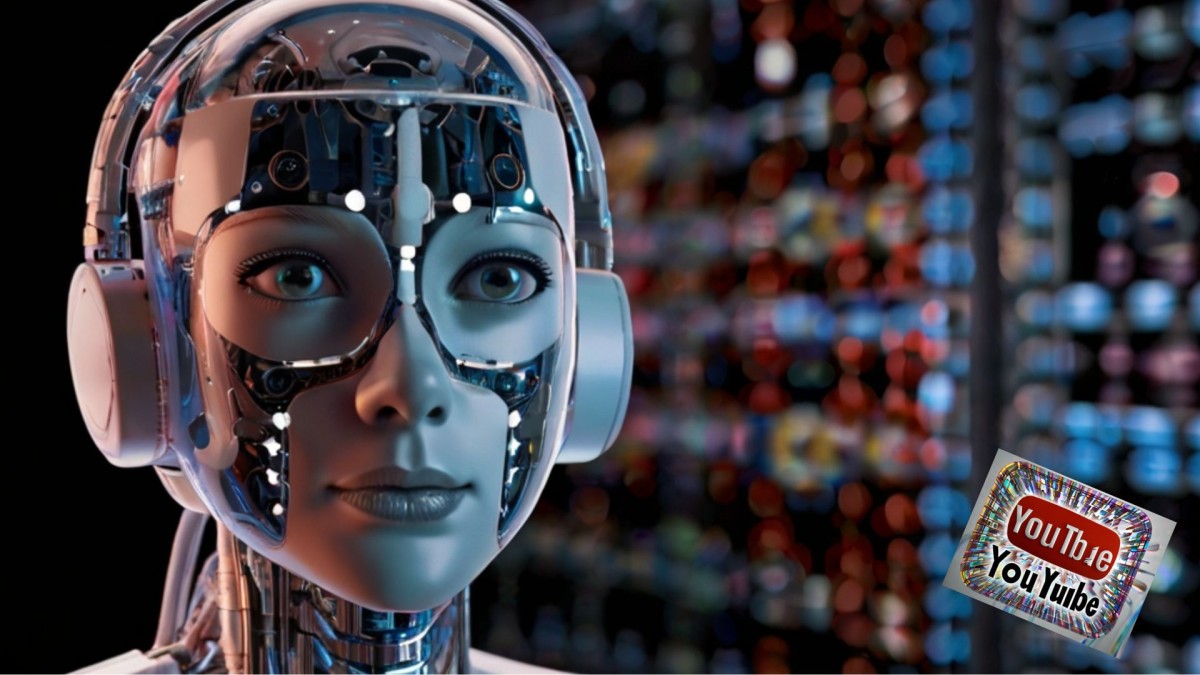In a bid to celebrate transparency and foster trust among viewers, YouTube content creators are to embrace groundbreaking policy following AI standards. The policy is mandating creators to disclose their use of Artificial Intelligence (AI) in video content production. The move comes as the platform endeavors to address growing concerns regarding the authenticity and integrity of online content. With this directive, YouTube aims to uphold its commitment to providing users with accurate and reliable information. The platform also aims to navigate the rapidly evolving landscape of digital media.
A New Chapter for YouTube Content Creators
Under the new policy, YouTube content creators are obligated to openly acknowledge any AI technology employed in the creation, editing, or enhancement of their videos. This encompasses a spectrum of AI applications, ranging from automated editing algorithms to deep learning models utilized for content generation. By requiring such disclosure, YouTube seeks to empower viewers with greater insight into the processes behind video production. This will enable them to make informed judgments about the content they consume.
Fostering Transparency: Upholding Integrity in YouTube content creators sphere
YouTube works at best to foster transparency and maintain the integrity of its platform. By compelling creators to disclose their use of AI, YouTube aims to demystify the production techniques employed in video content creation. This initiative not only bolsters trust between creators and their audience but also serves to deter the dissemination of misleading or manipulated content. In an age where digital authenticity is paramount, this policy reaffirms YouTube’s commitment to promoting transparency and accountability within the online community.
Navigating the Complexities of AI Integration and YouTube Content Creators
For many YouTube content creators, the integration of AI technologies into their workflow has become increasingly commonplace. From automated video editing tools to AI-generated thumbnails. These innovations have revolutionized the content creation process, enabling creators to enhance efficiency and creativity. However, the implementation of the new disclosure policy poses challenges for creators accustomed to leveraging AI discreetly. As they adapt to these requirements, creators must navigate the intricacies of transparency while striking a balance between innovation and disclosure.
To enforce the new policy effectively, YouTube has implemented robust mechanisms for monitoring and verifying compliance among content creators. Through a combination of automated algorithms and manual reviews, the platform will scrutinize videos for any undisclosed use of AI technology. Creators found in violation of the disclosure policy may face penalties ranging from warnings and demonetization to account suspension, depending on the severity of the infraction. By holding creators accountable for transparently disclosing their use of AI, YouTube aims to uphold the credibility of its platform and safeguard the interests of its global user base.

However, the implementation of YouTube’s AI disclosure policy sets a significant precedent for the broader digital media landscape. As the industry leader in online video sharing, YouTube’s actions are poised to influence industry standards and practices worldwide. By prioritizing transparency and accountability, YouTube encourages other platforms to adopt similar measures aimed at enhancing the integrity of digital content. This collective effort not only benefits viewers by fostering a more trustworthy online environment but also promotes ethical practices within the content creation industry as a whole.
Therefore, in an era characterized by rapid technological advancement and evolving media consumption habits, transparency emerges as a cornerstone of digital integrity. YouTube’s decision to mandate the disclosure of AI utilization in video content represents a significant step towards fostering transparency and trust within the online community.
To empower viewers with greater visibility into the production processes behind their favorite content, YouTube reaffirms its commitment to maintaining the authenticity and reliability of its platform. As content creators adapt to these new requirements, they play a pivotal role in shaping the future of digital content creation. Guided by principles of transparency, accountability, and ethical innovation.
From Zero to Web3 Pro: Your 90-Day Career Launch Plan
